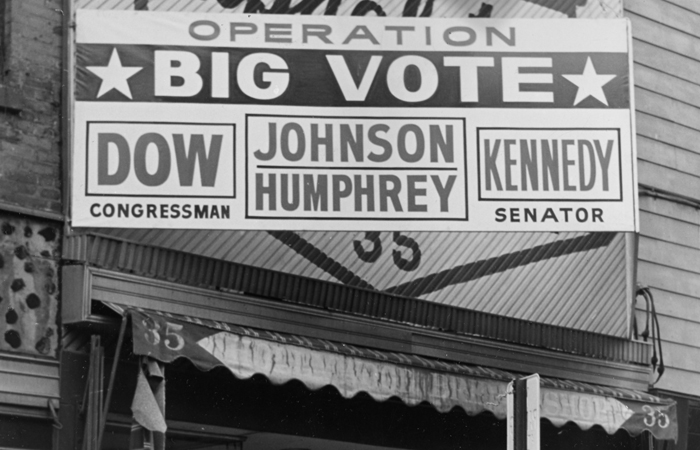Collections : [New York State Modern Political Archive]
New York State Modern Political Archive
Elected officials, interest groups, and activists from New York State.
Search Constraints
Start Over You searched for: Collecting Area New York State Modern Political Archive Remove constraint Collecting Area: New York State Modern Political ArchiveSearch Results
Local Program Studies, 1946-2006, Undated 1.28 cubic ft.
Series 4, Local Program Studies, includes documentation about the various projects and programs that the LWVRC has taken on. Again focusing on elections and financing, particularly in the schools, the LWVRC provided information to the citizens of the county. Aside from public school related projects, the LWVRC took on apportionment, city planning, land use, criminal justice court reform, human resources development, environment, ERA, health care, housing, international relations, arms control, New York State politics, revenue sharing and reproductive rights.
Organized by Harry F. Ward in 1952 at the suggestion of Methodist pastor, Lee Ball (who was largely reacting to the McCarthyism of the times), the RFC had a national membership of lay people and clergy pledged to work to maintain free exercise of religion as granted by the Bill of Rights. The national executive committee of the RFC consisted of thirty-five and an administrative committee of seventeen consisted of Catholic, Protestant, and Jewish members who were both black and white. The steering committee which was the true energizing force of the RFC included Ward, Ball, Richard Morford (long-time director of the National Council of American-Soviet Friendship), and William Howard Melish, an Episcopal priest. The lawyer of the group was Royal France, whose wife, Ruth, was an active admirer of Ward.
